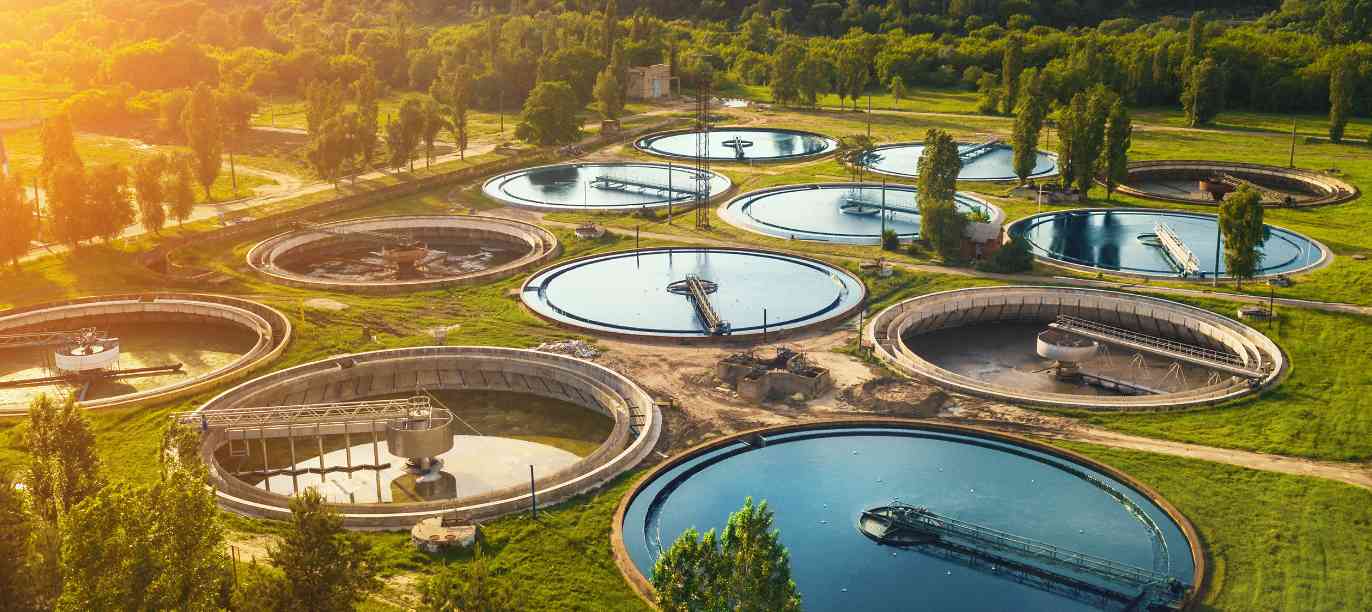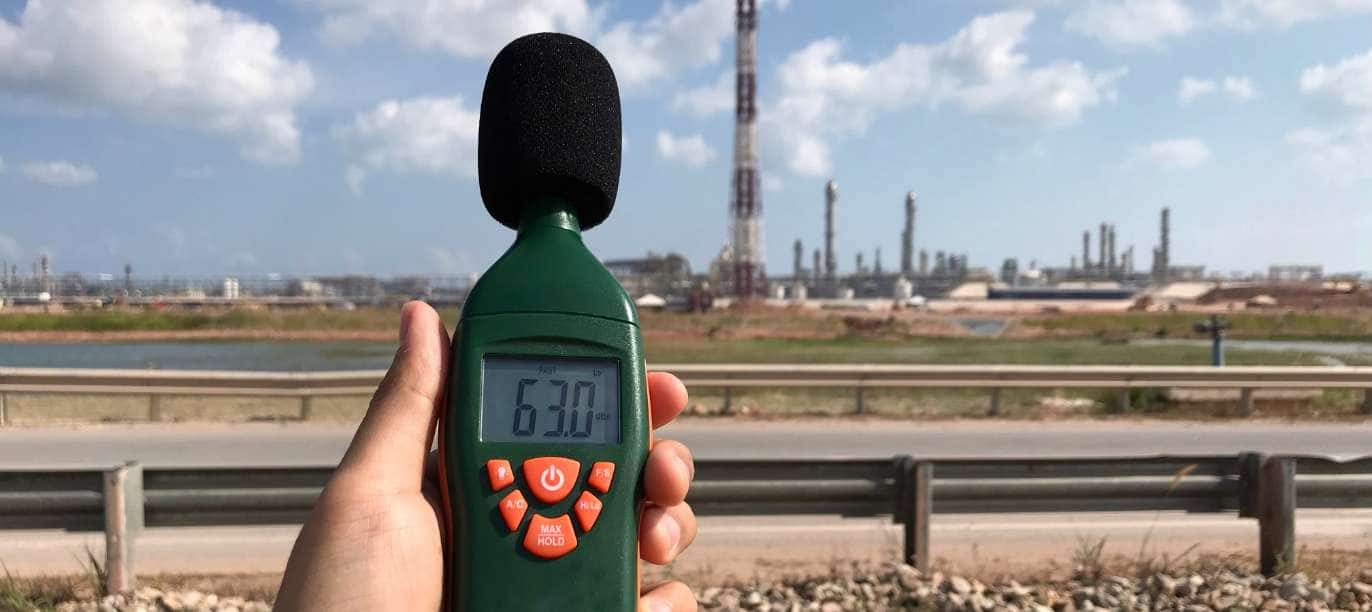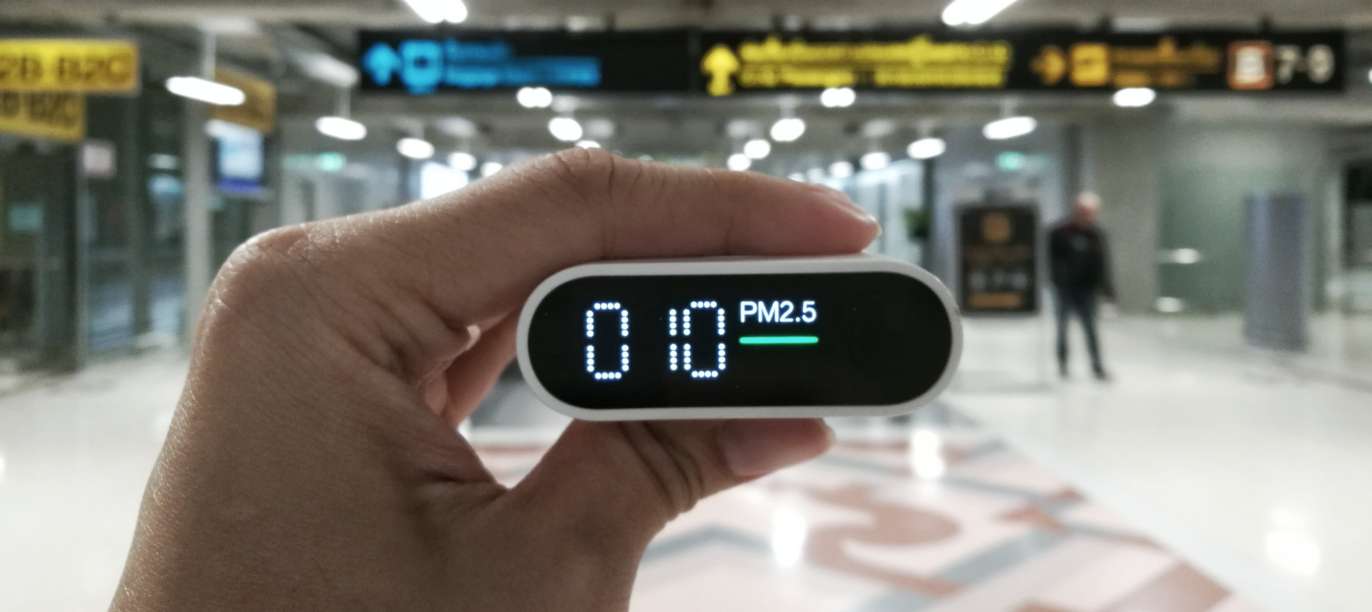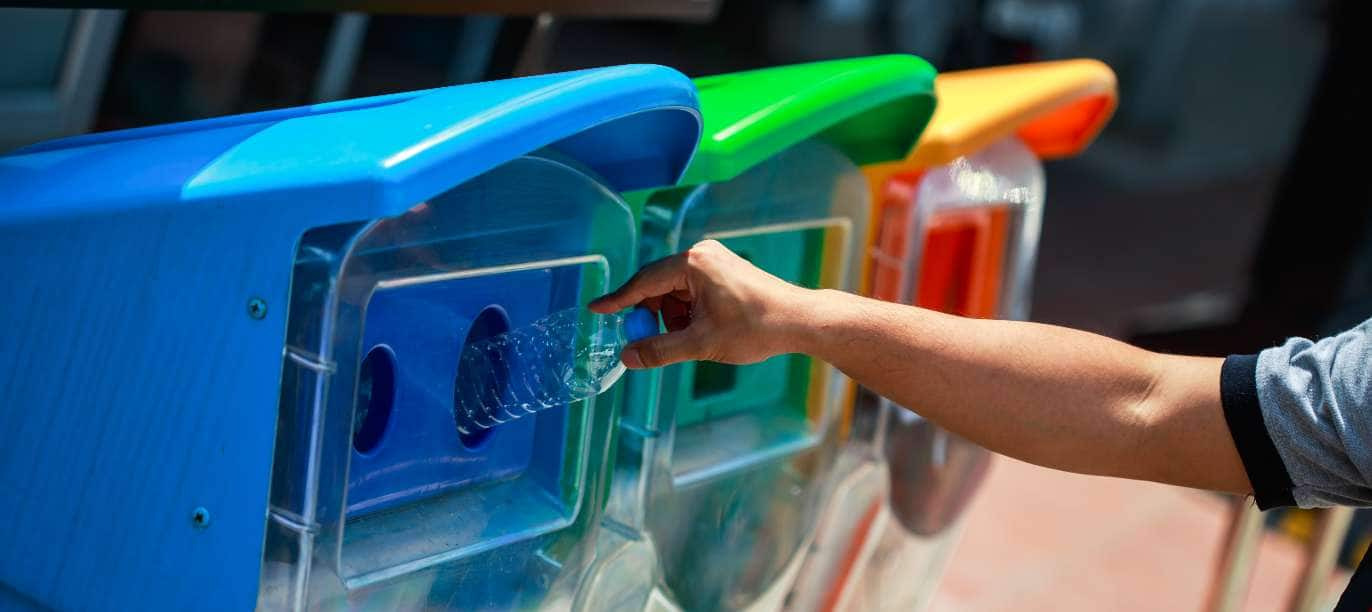- Home
- Mumbai Airport
- Environment Management
Environmental management at MIAL is directed in adherence to dedicated Environmental Policy. MIAL has also implemented Environmental Management Standard ISO 14001:2015. Compliance with all the conditions given in the various environmental approvals is monitored through legal registers, consent conditions, compliance registers and a compliance management system at CSMIA. For each approval, records are maintained regularly under an Environmental Management System (ISO 14001:2015). These documents and records are reviewed once in six months for strict adherence to the conditions.
At MIAL, Environment Management & Compliance is always on high priority. Various environmental parameters are being measured and reported by CSMIA in addition to the continuous monitoring system.
MIAL has also hired the services of MoEF authorized laboratory to carry out periodic environmental sampling of ambient air quality, ambient noise levels, wastewater quality, storm water, DG set emissions, etc. Environmental monitoring is carried out every month as per the monitoring schedule to check whether results are within the prescribed standards given in the approvals / consents.





